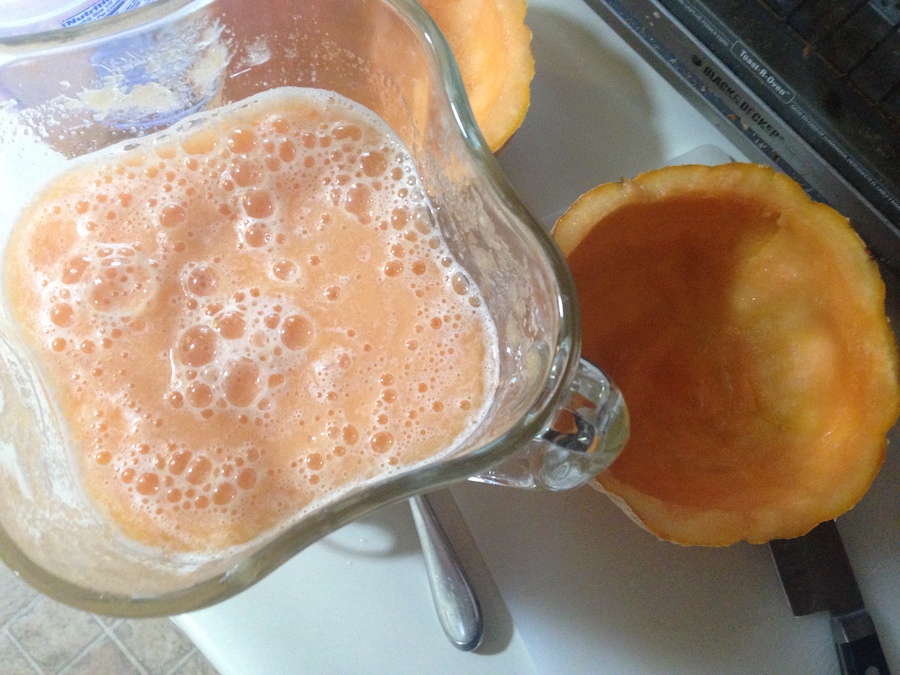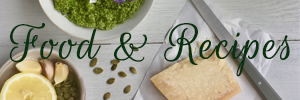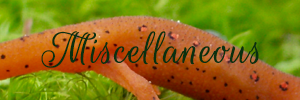Scanning the food blogs, I discovered Italian sorbetto is pretty easy to master and simple in ingredients: just overripe fruit and simple syrup. Maybe a squeeze of fresh lemon juice (to balance sweetness) and a drizzle of liquor (to soften it).
We’re in the middle of Fruit Season in NH. Admit it: you already have dangerously mushy peaches, melons, or berries hanging around the kitchen – not quite bad enough to toss but not ideal for eating. Perhaps you also have an ice cream maker languishing in the closet or collecting frost in your chest freezer? This is the perfect time of year to give it a good wash, and get it chilled and ready to go! (And, if you don’t own an ice cream maker, there’s a way around it. Or you can buy one for the same price as just 4 or 5 pints of good gelato or sorbetto from the store.)
How to Make Fruit Sorbetto
You can eat it right away, but it’s better to scoop it into a container (like those 1-quart plastic deli containers) and let it freeze more solid first. It will keep for a few days. If it gets too frosty for you (if it sits for a while in the freezer), you can thaw it all, then throw it back into the ice cream maker – you can’t do this with milk-laden ice cream/gelato, though.
Basic Sorbetto Recipe
Ready to get started?
Here’s a recipe from Kitchn to get you some vague proportions. Makes 1 quart.
- 2 pounds fresh fruit or juice (4-5 cups prepped/sliced)
- 1 cup sugar
- 1 cup water
- 1-4 tablespoons of lemon juice, optional
Adding Herbs: Want to infuse some lemon verbena into your lemon ice? Maybe some pineapple sage into your peach sorbetto? Maybe some basil in your blackberry?
Try one of these techniques:
- When simmering the simple syrup, add herbs to the pot. Turn off heat. Let steep for 30 minutes, strain, and use the syrup for your recipe.
- Pulverize the herb and toss it in with the fruit.
And in case you’re wondering, “sorbet” is the same as “sorbetto” – but I prefer the way the Italians say it!
Clinical herbalist Maria Noël Groves sees clients and teaches classes at Wintergreen Botanicals Herbal Clinic & Education Center in Allenstown, New Hampshire.
The statements made on this blog have not been evaluated by the FDA and are not intended to diagnose, prescribe, recommend, treat, cure, or offer medical advice. Please see your health care practitioner for help regarding choices and to avoid herb-drug interactions.
This blog originally appeared on the Concord Food Co-op site in 2014 and has been reprinted with permission.









